Welcome to MATT CHATS, a weekly interview with someone working in the comics industry. This week that person is Cory Casoni, and his job isn’t to create comics but to make others aware of them. After five years of marketing for Oni Press he moved on first to Namco-Bandei and then to help run Scott Kurtz’s Toonhound Studios, home of the mega-popular webcomics PvP and Table Titans. I learned a lot about how comics get marketed and the industry as a whole from our talk. You probably will, too.
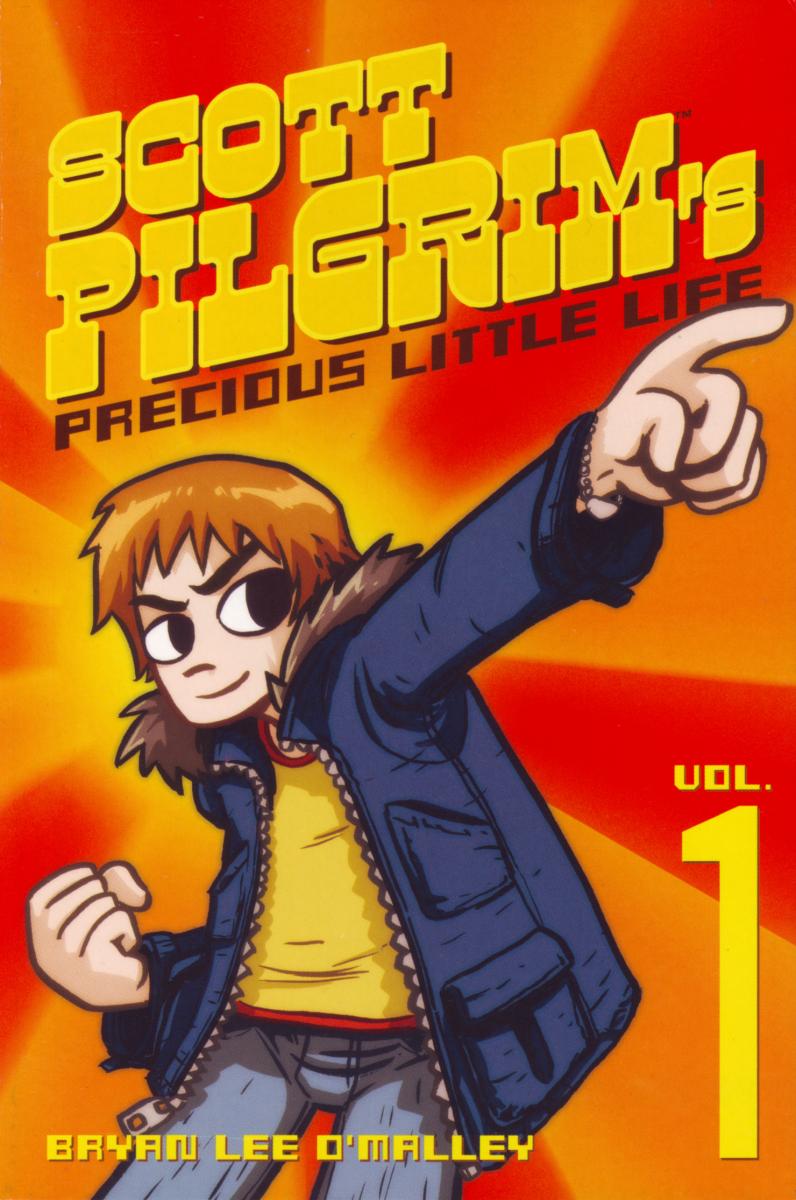
What period were you with Oni Press for?
They brought me on right around the second Scott Pilgrim volume, so I guess that was around late 2007 or early 2008. I was there for almost five years, but I think I left in 2012. Joe, the publisher, was smart. He knew Scott Pilgrim was going to be a thing; he saw the writing on the wall. And this was well before there was a film or anything, he just thought it was a really well-received comic that was doing something interesting and he knew he needed more bodies. I think he was interested in getting someone from outside the comics sphere and just by coincidence we found one another. That worked out really well.
What did you do to help the Scott Pilgrim boom along?
I didn’t have to do much, to be honest [laughs]. I mean, maybe that’s underselling myself a bit, but Scott Pilgrim was a freight train. It was sort of the perfect storm. Social media was happening, people were getting nostalgic about old-school video games and it was just the perfect scenarios for that series of books to take off.
I think probably the most effective thingI did it was that I carried around 10-12 copies of Volume 1 with me at all times. I just gave them to everybody. I’d just give it to the people at shows and tell them if they like it to come back tomorrow and buy Volume 2 and pay for them both. If they didn’t like it they could just give it back. That book was so different and interesting that it was already taking off. I just had to come in to steer the ship a bit.
What you described sounds pretty grassroots. Do you think most of comic book marketing is on that level?
Yeah. It’s easy to think comics is this humungous industry. It’s big, don’t get me wrong, but when your best selling title is only moving 250,000 units… which seems to us in the industry like so much but when you look at the grand scheme of things it’s actually pretty small. So a lot of marketing for comics has to be grassroots. I think that extends into social media. That’s the new grassroots, right? It’s essentially knocking on someone’s door, only you’re doing it digitally. Giving away comics for free and then monetizing at a later date is grassroots. At the time I was doing it in a physical form; I was giving away a physical comic and figuring out how to monetize it later, but now my whole job is doing that. We give away these webcomics for free and monetize them after the fact. But I think we’re seeing a return to the direct grassroots thing, if you look at the Beware the Valkyries and stuff going on right now. That’s a big deal and that’s the kind of stuff that will turn a title’s sales around.
Do publishers like Oni use industry standards like Adsense, Facebook marketing, that kind of stuff?
I don’t think people are using it as much as they could, but I also don’t think it’s as effective as people think it is. I know when I was at Oni that was something we didn’t get into that much. We only kind of cracked the surface on it. We had seen other companies Dark Horse Image really go after that sort of online presence, setting up AdMob accounts and going through Google and building book trailers and that kind of stuff. But what everyone found is that it was either super effective or not effective at all, so it’s kind of like playing the lottery.
That’s the thing with marketing too, that it’s intangible. I can do the same thing for every book that Oni Press publishes but it would only be successful once on one title and there’s no way to really sit down and tell you why it was successful. I can put some data together, I can make some assumptions but at the end of the day you really just have to believe in the work that you’re doing you have to go out there and press it. If the work is good if the quality is high then it’s going to be successful. I truly believe that if you really focus on pushing something and the work is quality then it’s going to be successful. That doesn’t mean there aren’t successful marketing campaigns with total garbage that make it big, because that happens all the time. And it doesn’t mean that there are amazing pieces of work that aren’t getting the recognition they deserve, that also happens all the time. But I think in comics and entertainment in general we have to look at the long game, and the long game is to make the work quality and over time it’s going to build an audience and be successful.
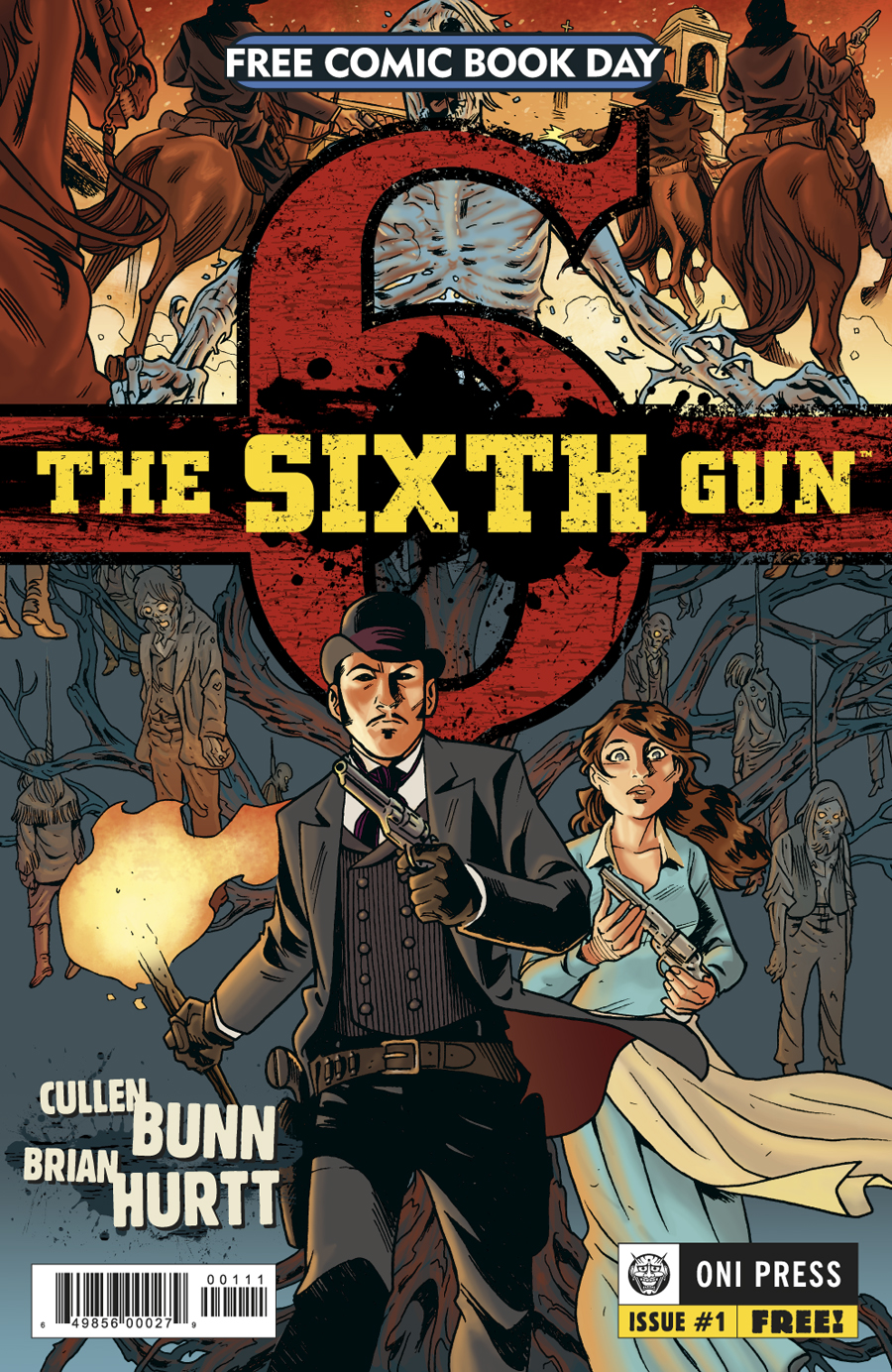
What other major Oni books were you involved with?
God, everything.
Sixth Gun? You’ve talked that up on Surviving Creativity.
Yeah. Pretty much everything that was published from early 2008 to early 2013. When I first started there were only, I think, four of u.s I was kinda the first major hire there were Joe and James and Randy and Doug, and then I was the first pickup when they wanted to start expanding. The time I was there I think we hired 4-5 more people; the company really grew. But yeah, I think I was involved in everything that was coming out. Sixth Gun, the new Courntey Crumrin stuff. God, there were so many books that came out… Petrograd, Saltwater Taffy, Stumptown, the reissue of Queen and Country, the kids line stuff… the list goes on and on it. It was a really, really amazing time to be at Oni Press.
What led you to leave?
I had an opportunity to work with a spinoff called ShiftyLook that was part of Namco-Bandei. It really came out of left field. They were looking for people who had kind of a love of classic arcade games and comics which were just my two great loves. They wanted to make strides in the digital frontier, and I’ve always been a big proponent of digital as the future. We need to take risks in publishing and do interesting stuff. Most companies aren’t in a position to do that. I think I’d talked about that publicly a couple of times and it had somehow gotten around the industry. Someone who was setting up the team to run ShiftyLook needed Americans to do stuff, and I had been recommended. So I wasn’t actually looking for a job at the time. I don’t even know how it happened [laughs]. But I got an introduction and they asked me a few questions and wanted to know if they could get me to come over to help them out. I lived in Tokyo on and off for a big chunk of the year and got to work with one of the biggest game companies in the world on the comic properties based on these classic arcade games I love. It was sort of the perfect combination of things, so I couldn’t not do it. I couldn’t not take the chance and step away from a job that I loved and try something new and interesting and different.
Did you work with Jim Zub at all?
I did, yeah. In fact, I think Zub is one of the people who gave me a first introduction to the ShiftyLook guys. Jim was working at UDON at the time and the ShiftyLook people at Namco were really tapping the creative talent at UDON to make a lot of their comics, so Jim was sort of project managing and co-writing some of the stuff we were doing. Jim and I have known each other for years through the comics market. I think James at Oni introduced me to him, and we’ve just been fast friends since.
He’s done a hell of a job marketing himself.
[Laughs] That’s Zub, man. That’s how he does it. His whole thing is talking about Jim Zub. I mean look at how effective it is; we’re talking about him right now!
What do you think about the state of marketing in comics?
It’s in flux. I think people aren’t really sure what to do, and I think there aren’t a lot of people like me in comics right now. What I mean by that is there are a lot of the people doing the job that I do, but they have aspirations to become creators. I don’t think there’s anything wrong with that, I think that it’s a stepping stone, but I don’t think there are a lot of business-savvy people who are in comics just to do business. It’s growing, though. There are more people coming into it who are interested in that kind of thing and it’s been interesting to see sort of the reverse happening as well. You get a lot of people who come up through journalism and then sort of moving into the business or vice versa. I know Heidi at The Beat went the opposite end. She did the business end and then kind of went into journalism.
The example I like to use is Ron Richards at Image. He did iFanboy for years, made a very successful business out of it, and then went on to do the marketing and promotion at Image and is doing just a bang-up job, so it was like an interesting transition. We actually had him on Surviving Creativity once at Emerald City two years ago. I interviewed him and we talked briefly about how interesting it is that sometimes people would say, “Don’t you want to make comics?”, and we would respond well we are. What we’re doing is integral to the making of these comics. It’s part of the process. Somebody has to get these comics in the hands of the readers and make sure the readers are aware of it. Creators can do a lot of that these days thanks to social media and the internet and emerging technologies, but there still has to be a campaign manager, for lack of a better word, that is going to go out and make sure people know about these titles, know what’s going on.
I’ve heard the complaint that creators have to shoulder too much of the burden marketing comics. What do you think about that?
I guess I would need to know the context of the complaint. I mean, if they’re working at a publisher and the publisher’s agreed to do this marketing and the creator is doing a good chunk of it then yeah, it might be true, but on the other token so much of the comic industry is about being selling yourself and being who you are. We’re not selling these titles based on the titles; we’re often selling them based on the person who’s creating the title, especially if it’s a creator-owned work. So on one hand I would say that creators could use a little more support from their publishers, but on the other hand I would say shut up and get on Twitter and Jim Zub it [laughs]. Get out there and do your job. It’s part of your job.
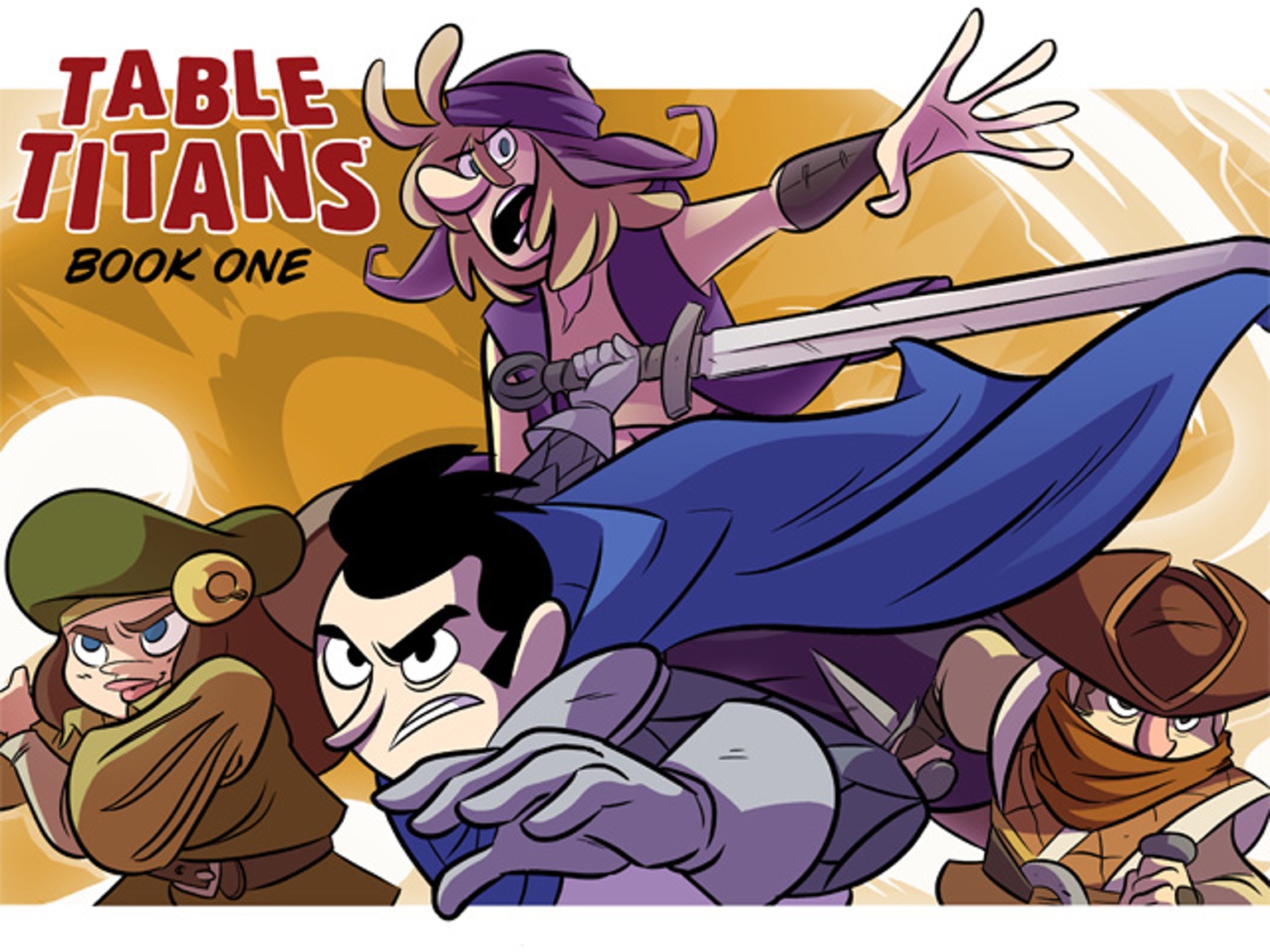
What specifically does your job with Toonhound Studios entail?
Um… Everything. When I left ShiftyLook and started working for Scott [Kurtz] I was kind of on a part-time but a contractual basis. I was just doing little stuff. I had seen what he’d done online; we’d met at a couple conventions. I didn’t really know him; I hadn’t read all of his work. We started working on some things on PvP to turn it from a one-man project into a bigger business. I think the most interesting thing I found when I started working at Toonhound was that there were a lot of people, fans in particular, who were making this assumption that Toonhound Studios, particularly PVP Online, was sort of run by a group of people, and it was all just run by Scott. He had spent fifteen years doing it himself, so a lot of what I did when I came in was set up an actual business. It was a lot of business development, which also lead into some marketing and then into some new business stuff and now I pretty much do everything. I do business development and brand management.
And a lot of producing, actually, because we don’t just make the comics, we make online entertainment. So I have produced a couple of games that we did with Wizards of the Coast for Dungeons and Dragons and I’ve produced a couple of animated series. It’s a blast. I get to take a heavier role in handling creative stuff but still get to stick to my roots doing business and marketing. It’s a lot of fun.
Is it full-time now?
Yep. When I started out I had a couple of other clients, but it pretty much gone full time within a year. The contract was so huge that it was taking up all of my time. I occasionally do some freelance work, but usually I do it as part of Toonhound Studios, so we’ve kind of rolled some of my contract into it which has been really cool.
Are you managing the Table Titans Kickstarter?
Yep. Pretty much that isn’t drawing is in some way managed by me.
Is there any trick to best handling those frequent, almost inevitable pitfalls of crowdfunding, like late shipping?
I think preparation helps a lot. You’re right when you say it’s almost inevitable. A lot of people who don’t work in the publishing industry don’t realize that when you’re working with a publisher it’s easy to hide the kind of things you can’t hide when you’re working on a Kickstarter. So when you’re working with a publisher and the printer’s late or there’s a dock workers strike or Chinese New Year hits right when you’re trying to go to press or you’ve got a bidding war going on between printers… these are all things that happened on Table Titans. When you’re a publisher you just push back the date and the only people that really know are you and the creator, but when you’re running a Kickstarter… you’re expected to set goals in advance and then sometimes those goals change and Kickstarter as a platform doesn’t allow you the flexibility to change those things so for us going into this Kickstarter we said that if we hit a certain stretch goal we’ll recolor the book have Steve [Hamaker] do it. That added 6-7 months straight out of the gate. And we knew that was going to happen, but we don’t have the ability to change the dates in Kickstarter so I think the key to these inevitabilities is to just be upfront with your audience and say that these things are changing this is how we’re doing it.
I think the other trick is to just apologize. I can’t tell you how many times we’ve had to say, “Sorry this is taking longer than we thought it would. Nobody is more upset than us you know I feel like so many comments of people being just really upset that they don’t have their book. And I get it; I understand why they’re upset. Trust me, I want the book too, but I think 9 times out of 10 is that they don’t understand the process and if I tried to explain it they’d just get mad. All I can do is say, you know, “I’m sorry. I can refund your money if you want your money back.” But without fail not a single person has asked for their money back. What I think is interesting, too, and this is true with all social media but particularly Kickstarter, is you’ll notice the comments tend to be people really upset with something. Either they have a genuine question they want answered or they’re just venting, right? The messages that we get via private message and the comments on our updates which are only readable by the backers are overwhelmingly positive, so you have a very small vocal minority of people who are upset and I think sometimes in some cases they’re not even upset, they just need to vent a little bit. And I get it. I mean, trust me, I fully understand. We’re a year out from this Kickstarter and we fully expected to be done by now [laughs].
But at the end of the day we had run the Kickstarter for one book and now every person that gets a book is getting three books. And that’s even at the lowest print level, the basic backing-a-book level. I think in the end everyone’s going to be pretty satisfied with what we did. I think when it comes down to crowdfunding in general there’s no way to avoid the unexpected, and all you can do is be open and honest and upfront and get in front of it. Just say, “Hey, we haven’t posted an update in a month because we’re at conventions. Sorry, there’s just two of us and we don’t really have anything to report.” Get in front of it and say we’re a year out from where we wanted to be and sorry, that’s sometimes the way that these things happen. But I think that’s key with everything and I think most people have figured that out. I think in particular with crowdfunding today transparency has become a really big deal and that’s super cool.
I’m excited for the end of our Kickstarter when we ship everything so we can publish some graphs and numbers and stuff and let people know how long things took and kind of what it cost. I think the more of that information we can get out there to the users, the more informed they’ll be as a consumer, those that want to be, and I think that’s good for the industry overall. I think knowing people who are posting their numbers about their Kickstarters or books or Image sales numbers. There’s a part of me that shies away from that a little bit, because that information tends to be personal and private, but there’s another part that thinks it’s great. I want people to understand. I want people to know how long stuff takes. I want people to know what artists get paid. Most working artists I know make about minimum wage in all the work they do, and I think that’s really important to know. I think it’s important to understand your middle class is full of artists, and they’re all making comics [laughs].
Find Cory on Twitter and my new favorite podcast, Surviving Creativity.



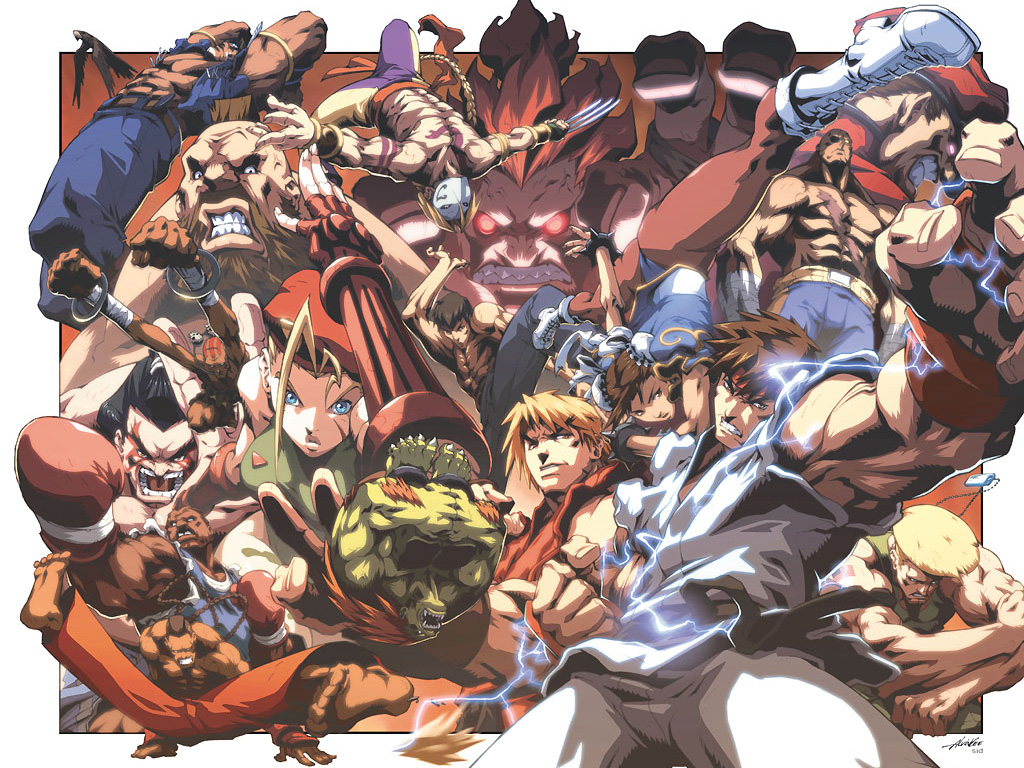

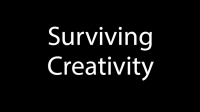
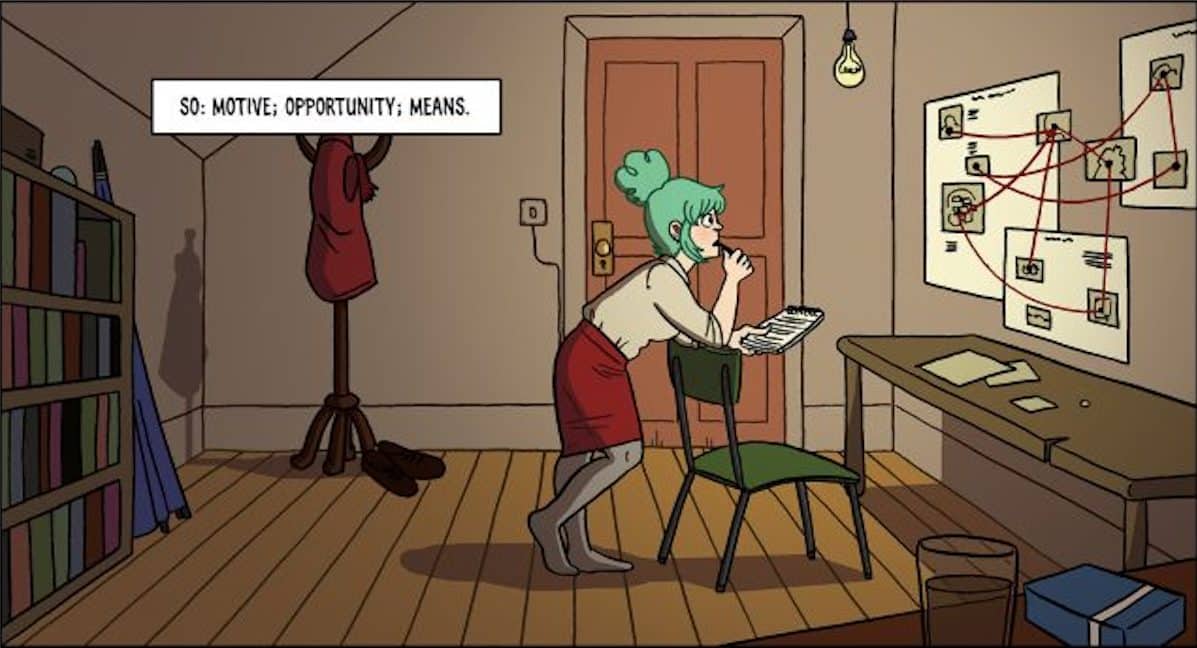
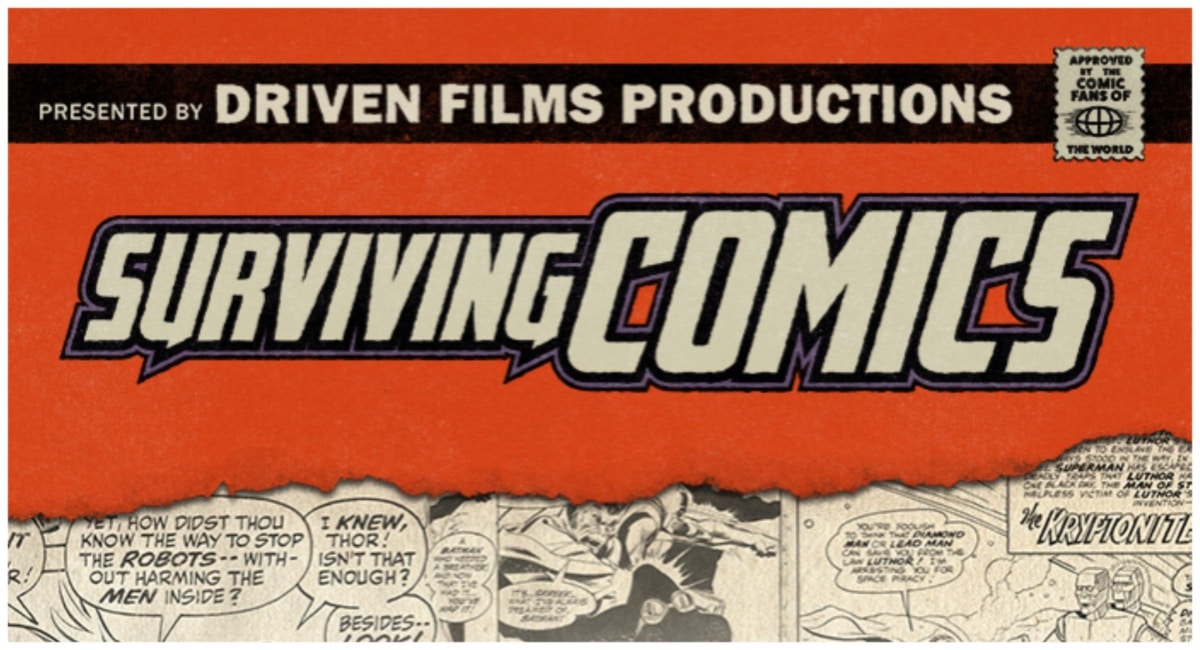
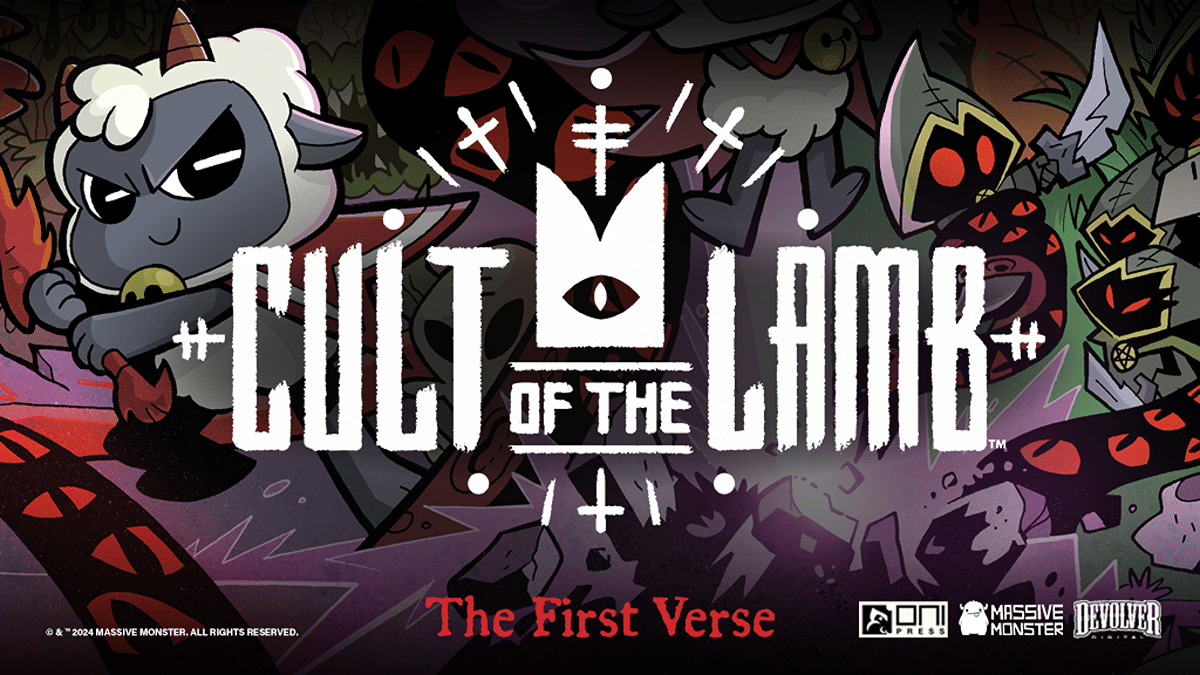


Good stuff! Thanks, Matt and Cory :D
Thanks Nick, and thanks Matt for a fantastic interview! I’m always happy to talk comic-shop. I’ll haunt these comments a little in case anybody has any questions :)
Hey Cory,
Excellent Article. I have two questions for you that I hope can shed some light on my indie company and comic. Firstly, how aggressive do you think one must be to make sure a book is seen and purchased? For example, I personally duplicate posts from my main site to facebook and twitter each and everytime out. Further, I follow up the fb duplicate with a napalm level of sharing in fb groups I’m a member of. The only area I refuse to post on is someone’s personal fb timeline. Secondly, Do you believe that the Diamond Distribution path can ultimately be supplanted by digital distribution as well as print on demand alternatives (Lightning Source and Createspace)? I ask this because at present our book http://www.mattysrocket.com is sold on Amazon, B&N and affiliates (via Ingram) .
Regards,
Tim Fielder
Dieselfunk Studios
http://www.dieselfunk.com
@Tim Fielder
I think there’s definitely a balancing act when it comes to promoting your work. If you’re too aggressive you become more white noise and your readers ignore you. If you’re not aggressive enough you get lots in the stream of white noise from others. That said, it doesn’t sound like anything you’re doing is over the top. At this point what you’ve described is pretty standard for most people trying to push a product. What you should consider is how you can do those same things but in an interesting way to set you apart from all the others. How do you differentiate your message? That’s always the hardest part, and there’s no easy way to figure that out ;)
The Diamond questions is tricky because it relies on a section of the industry, which you as a creator/publisher have no control over, changing it’s ways. Any comic retailer CAN buy from Ingram, the question is WILL they buy from Ingram. Though going direct to readers via digital means should be part of your total publishing strategy, limited and varied technologies are currently keeping us from doing it on a mass scale. I guess the short answer is “yes, you could supplant Diamond” and the long answer is “why limit your distro methods when you could just include Diamond, POD, and Direct Digital in your publishing plan!”
Hope that helps :)
Comments are closed.